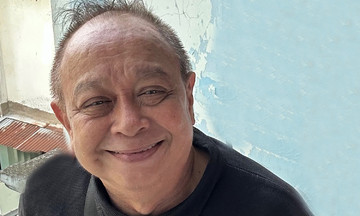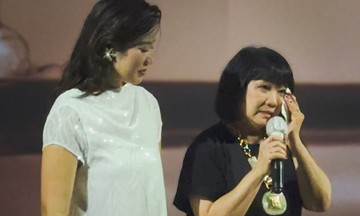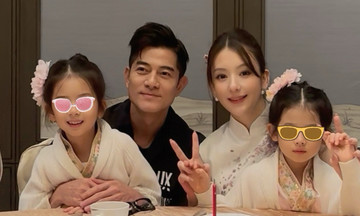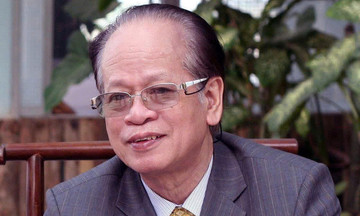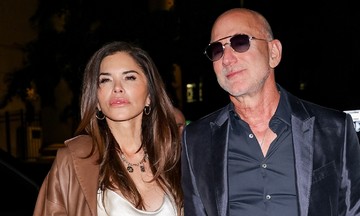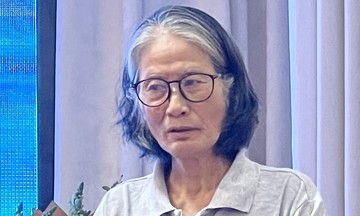Redford passed away on September 16th at his home in the mountains of Utah, USA, at the age of 89. "This is a tremendous loss for the filmmaking community," Leonardo DiCaprio told the Associated Press. "Robert was not only a remarkable actor but also a gifted director, an environmental activist, and a champion for indigenous peoples. We have lost a legend."
The Guardian described Redford as possessing classic good looks and a free-spirited Californian style. Film critics noted his "natural grace and an inner light." Yet, Redford often viewed his looks as an obstacle, striving to portray characters with psychological depth beyond his handsome image.
His 60-year career showcased romantic characters with inner darkness, like Jay Gatsby in "The Great Gatsby" (1974). The role portrayed a man living in splendor, haunted by unattainable desires. This mirrored Redford's own image: a charming, composed icon with a contemplative nature.
Born Charles Robert Redford Jr. in 1936 in Santa Monica, California, to a middle-class family, Redford excelled in sports, earning a baseball scholarship to the University of Colorado. He left to study painting in Europe, later returning to the US to study stage design at the American Academy of Dramatic Arts, which led him to acting.
Redford's Broadway debut was a small role in "Tall Story" in 1959. He gained recognition with "Sunday in New York" (1961) and the comedy "Barefoot in the Park" (1963), which was adapted into a film in 1967. Starring alongside Jane Fonda, the film solidified his status as a rising Hollywood star.
As his stage career flourished, he appeared on television in "The Twilight Zone" (1962). His film debut came in 1962 with "War Hunt," followed by "Inside Daisy Clover" (1965), which earned him a Golden Globe for New Star of the Year.
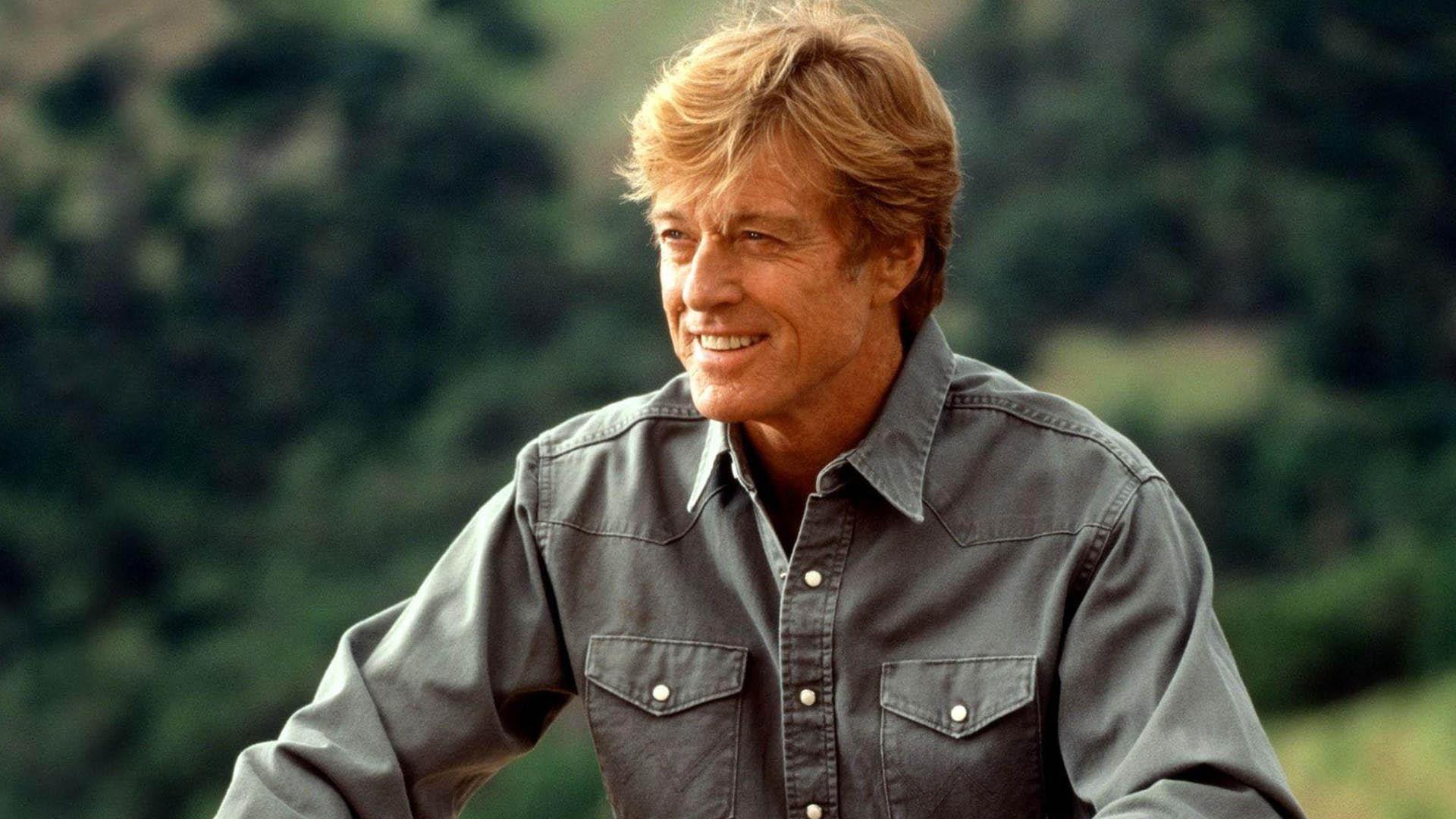 |
American director and actor Robert Redford. Photo: HiMedia |
Redford's breakthrough role came in 1969 as Harry Longabaugh in the western "Butch Cassidy and the Sundance Kid." Initially intended for stars like Marlon Brando, Warren Beatty, and Steve McQueen, the role ultimately went to Redford. His pairing with Paul Newman (as Butch Cassidy) sparked a "buddy movie" craze. Their 1973 reunion in "The Sting" was a box office hit, earning Redford his first Oscar nomination for Best Actor.
Critics consider Redford a pivotal figure in shaping post-Golden Age Hollywood. In 1978, he founded the Sundance Institute and later the Sundance Film Festival, establishing it as a hub for independent cinema. It launched directors like Quentin Tarantino, Steven Soderbergh, and Robert Rodriguez, along with low-budget films such as "Reservoir Dogs," "The Blair Witch Project," "Donnie Darko," "Little Miss Sunshine," and "CODA." Generations of actors, directors, and critics hailed him as a champion of independent film, fostering diverse voices.
In the 1980s, Redford starred in four films, including "Out of Africa" (1985), playing hunter Denys Finch Hatton, who falls in love with Karen Blixen (Meryl Streep). The image of a free-spirited man resonated both with the role and Redford's own persona, cementing his status as a top Hollywood star of the decade.
During this period, he transitioned to directing and producing. His directorial debut, "Ordinary People" (1980), won him an Oscar for Best Director, paving the way for acclaimed films like "A River Runs Through It" (1992) and "Quiz Show" (1994), reflecting his political views and love for the American West.
Redford's screen appearances became less frequent in the 2010s, but he still made an impact with roles like the lone sailor in "All is Lost" (2013) and the S.H.I.E.L.D. director in "Captain America: The Winter Soldier" (2014). He announced his retirement in 2019 after a cameo in "Avengers: Endgame," but returned to the screen for a few episodes of the investigative series "Dark Winds" in his late 80s.
Although Redford never won an acting Oscar, the Academy of Motion Picture Arts and Sciences awarded him a Lifetime Achievement Award in 2002. Throughout his career, he chose challenging roles that reflected his commitment to independent cinema. "The notion that 'you're not a real actor, you're just a pretty face' always bothered me. I’ve always been proud of every character I’ve played," Redford once said.
Que Chi (via The Guardian, BBC)




